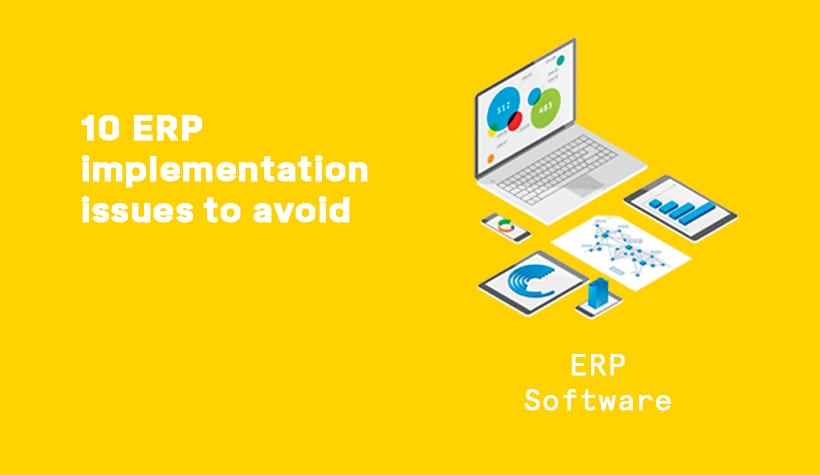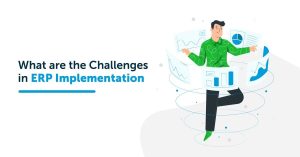Implementation Pitfalls – You already know that the correct enterprise resource planning (ERP) software will boost your company’s profits by streamlining procedures, lowering expenses, and improving overall efficiency. However, the deployment of any ERP technology can considerably impact its efficacy.
As a result, you must get it correctly the first time. It can take months of fixes and backtrack after a botched implementation before seeing a return on investment.
Below are among the most typical ERP implementation blunders, which you may spot and minimize.
➪ Improper Planning
One of the first stages to a successful ERP implementation is to create a detailed implementation plan. Many businesses make planning mistakes, such as high-level plans based on assumptions or resource estimates that are too low. Your strategy should be straightforward, identifying all requirements and contributors and an excellent job sequence. It must also reflect reasonable ERP expectations.
➪ Not Investing in an Implementation Pitfalls Team
Is your implementation team equipped with the necessary skills? A new ERP implementation is not a typical IT project. While your IT team may have had experience with implementation in the past, they may not be experts or have the resources to implement an ERP system with their other IT initiatives.
Consider having an implementation partner or specialist on hand for a successful implementation. Someone who can understand your business demands and oversee the entire implementation process will most likely be the difference between a successful roll-out and a disaster.
➪ Lack of Change Management
Establishing a change management plan – and keeping to it – is essential for a successful ERP adoption. You must manage change across your technology, processes, and people while implementing a new business management system. Many failed initiatives resulted from organizations failing to focus on adequately managing change among their end-users or merely providing rudimentary training at the end.
A business should set reasonable expectations early in the implementation phase for effective change management. Conduct an infrastructure analysis, design a stakeholder communication plan, and create an educational or training program. Ensuring that your staff are aware of the new changes and appropriately taught will make them more likely to accept the new ERP system quickly and successfully.
➪ Lack of Formal Testing
Your new ERP Software should never go live without extensive testing to avoid the chance of failure. Formal testing allows you to find and correct mistakes and incomplete applications. It also ensures the accuracy of all data and the proper definition of business processes.
Overall it may be said, Implementation Pitfalls
A distinct set of setbacks and obstacles will always accompany the implementation of an ERP system. Your journey will be much smoother and easier if you have an experienced team of implementation partners.
Please schedule a consultation with the Connected IT Consulting team to discover more about how we guide organizations through their entire ERP journey.
Related Links
ERP Project Management
Business Process mapping
Small Business ERP
ERP Consulting



